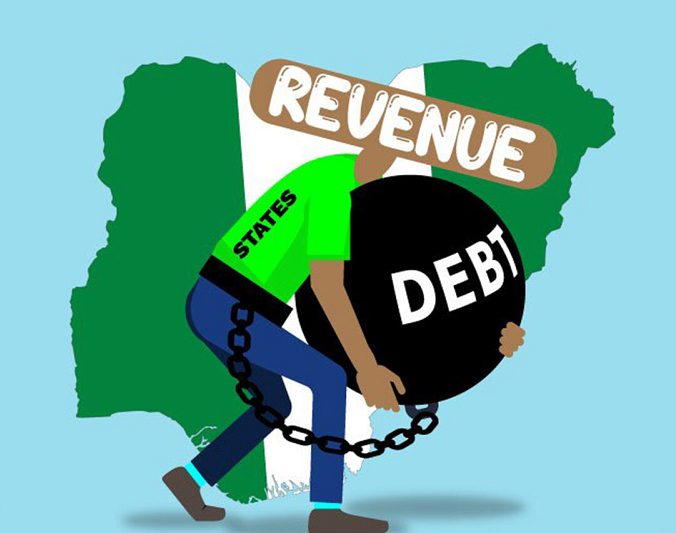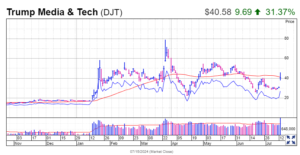
The Debt Management Office (DMO) has announced a significant increase in Nigeria’s public debt. According to the DMO, the country’s debt rose by 10.7% to N97.34 trillion in the fourth quarter of 2023, compared to N87.91 trillion in the previous quarter.
This increase in debt is mainly due to new borrowing initiatives by the Federal Government. These initiatives aim to partially cover the deficit outlined in the 2024 Appropriation Act. Additionally, funds were received from both multilateral and bilateral lenders.
The DMO shared this information through a press statement released on Friday. The statement detailed the composition of the debt and the reasons behind the rise in the national debt figure.
The statement read:
“Nigeria’s Public Debt Stock as at December 31, 2023 was N97.34trillion or $108.229 billion. This amount comprises the domestic and external debt stocks of the Federal Government of Nigeria (FGN), the thirty-six (36) States Governments and the Federal Capital Territory (FCT).
“There was an increase of N9.43 trillion over the comparative figure for September, 2023 which was largely due to new domestic borrowing by the FGN to part finance the deficit in the 2024 Appropriation Act and disbursements by multilateral and bilateral lenders.”
Domestic debt makes up 61% of total debt
Delving deeper into the specifics, the DMO explained that the N97.3 trillion public debt is comprised of N59.12 trillion in domestic debt and N38.22 trillion in external debt.
This composition highlights a strategic skew towards domestic borrowing, which constitutes 61% of the total debt, with the remaining 39% coming from external sources.
63.69% of external debt from multilateral and bilateral lenders
The statement further clarified the nature of Nigeria’s external debt, noting that a significant portion (63.79%) is derived from loans from multilateral and bilateral lenders. These loans are primarily concessional or semi-concessional, indicating efforts to manage the debt burden effectively.
The statement added:
“At N59.12 trillion, total domestic debt accounted for 61 percent of the total public debt stock while external debt at N38.22 trillion accounted for the balance of 39 percent.
“Consistent with the debt management strategy, Nigeria’s external debt stock was skewed in favour of loans from multilateral (49.77 percent) and bilateral lenders (14.02 percent) or total of 63.79 percent which are mostly concessional and semi-concessional.”
The DMO emphasised its commitment to employing best practices in public debt management, while also acknowledging the critical role of the fiscal authorities’ ongoing efforts to increase revenue, which is essential for maintaining debt sustainability.






Be First to Comment